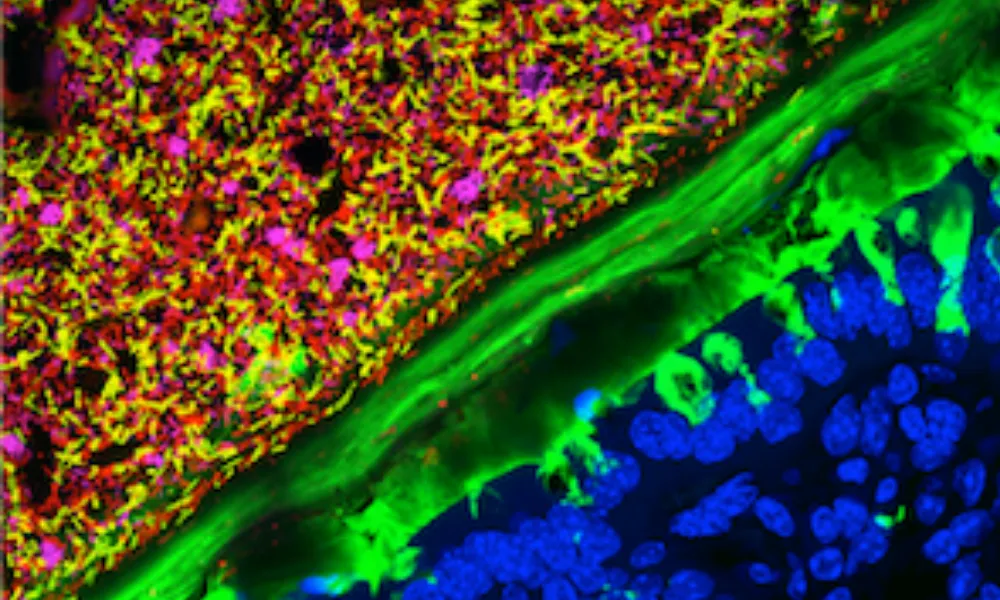The term microbiome refers to the world of trillions of bacteria (among other creatures) that inhabit our bodies. The microbiome is as individualized as a fingerprint – unique to you. The bacteria predominantly reside in your colon (AKA large intestine). However, there was a time that you did not have a microbiome; you were a clean slate.
For one thing, back when you were a fetus in mom’s belly, you were germ-free. Everything changed the moment you entered the world. As you left your mom’s body, you received your first dose of bacteria. This single moment determined the foundation of your microbiome. If you were a vaginal birth, the bacteria in the vaginal canal inoculated you. If you were a c-section, you likely collected hospital-acquired bacteria.
Babies that are born c-section have a higher risk of developing a multitude of medical conditions (including asthma and obesity). Indeed, this is due to missing the first dose of germs from the vaginal canal. Don’t be alarmed if you were born c-section, though. It is necessary to keep in mind your mode of delivery so you can take preventative measures.
The next determinant that developed your microbiome is breastmilk. Breastmilk contains a prebiotic called human milk oligosaccharide (HMO). Evidently this prebiotic fiber feeds your infant microbiota so they may flourish and grow as you do. Again, don’t be too distressed if you were not breastfed – this was not in your control (as you were only an infant). And most baby formulas contain the HMO prebiotic. However, some studies show that breastfed vs. formula-fed humans have different microbiomes.
Finally, your lifestyle ultimately impacts your microbiome. What you eat, your physical activity, your stress level, and sleep quantity/quality alters your microbiome. This is why it’s not only important to eat a healthy, fiber-rich diet, but to also take into account these other lifestyle factors.
It only takes 4 weeks of intervention to transform your microbiome. If you are interested in an individualized microbiome reset plan, we recommend seeing our dietitian.

